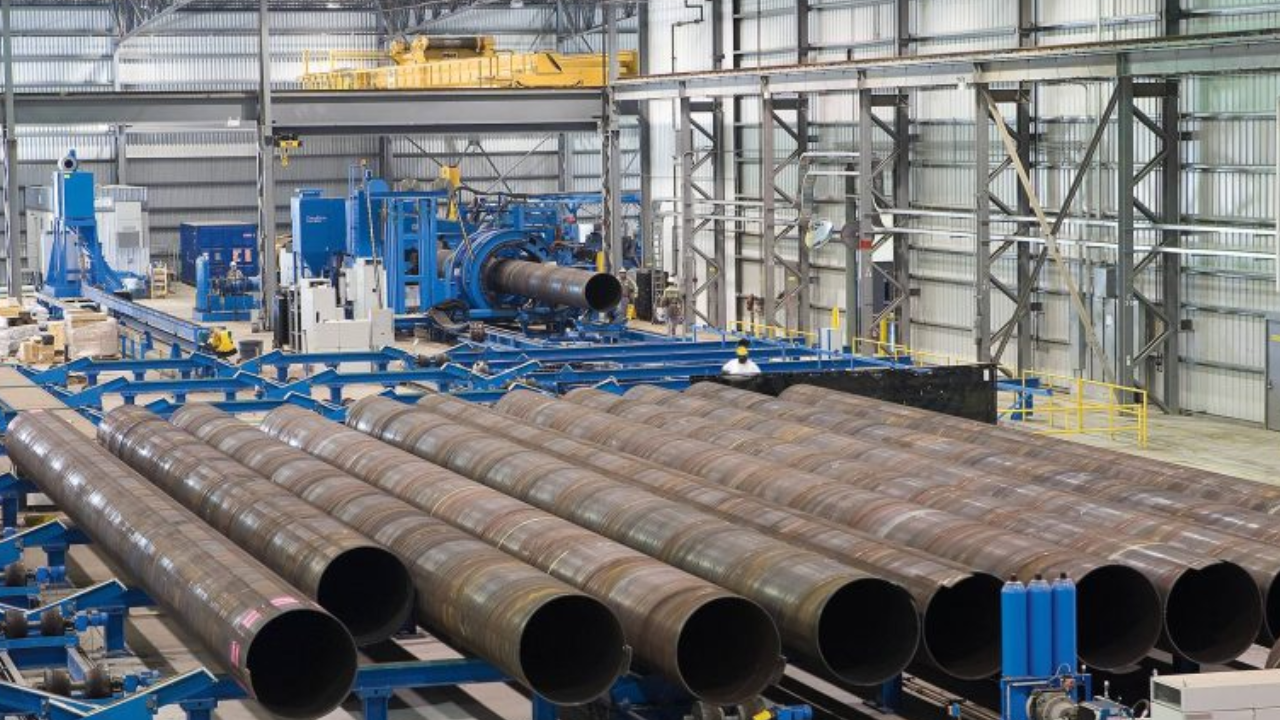The process of applying protective coatings to boiler tube surfaces to improve their performance and longevity is known as boiler tube coating. These coatings prevent corrosion, erosion, fouling, and other types of degradation by acting as a barrier between the tube material and the boiler’s corrosive operating environment.
Boiler tube coatings are primarily used to prolong the life of the tubes and enhance the boiler system’s overall dependability and efficiency. These boiler tube coating keep the tubes structurally sound and guarantee maximum heat transfer efficiency by averting corrosive interactions and reducing wear and tear.
Can the Coating Be Applied To All Tube Materials?
Indeed, coatings can be applied on carbon steel, stainless steel, alloy steel, and other types of tube materials. The particular use and the environment to which the tubes will be subjected determine the coating to be used. Polymer coatings are utilized for corrosion resistance, whereas ceramic coatings are frequently employed for high-temperature applications. It is crucial to choose a coating that works well with the type of tube and the operational environment.
Uses of Boiler Tube Coatings
Coatings for boiler tubes are used to shield boiler systems from several types of deterioration and damage. Coatings can greatly increase the lifespan of boiler tubes and enhance system performance by averting corrosive interactions.
Corrosion Protection
The term “corrosion protection” describes the steps used to stop or lessen the deterioration of materials as a result of chemical interactions with their surroundings. Coatings that inhibit corrosion are put on boiler tubes to stop the tubes from corroding, which can cause leaks, decreased efficiency, and early failure.
Erosion Resistance
The ability of a material to resist deterioration or wear brought on by the abrasive action of liquids, particles, or other substances in motion is known as erosion resistance. Erosion-resistant coatings are employed in boiler tubes to guard against damage from the high-velocity fluid flow, guaranteeing long-term performance and durability.
Fouling Prevention
The term “fouling prevention” describes the actions done to stop undesirable materials from building up on the surfaces of boiler tubes, such as scale, sediment, or biological growth. Fouling can raise energy consumption and decrease the effectiveness of heat transfer. The application of coatings and treatments keeps boiler performance at its best while preventing fouling.
Thermal Protection
Applying coatings or other materials that lessen heat transfer to the surrounding area is one way to provide thermal protection for boiler tubes. Keeping heat inside the system enhances energy efficiency and guards against harm to neighboring components. Thermal barriers, refractory linings, and insulation coatings are examples of common thermal protection techniques. By taking these precautions, heat loss from the boiler is kept to a minimum, and operating temperatures are maintained.
Wear and Abrasion Resistance
The ability of a material to tolerate deterioration or wear and tear brought on by rubbing, scraping, or friction is known as wear and abrasion resistance. Wear and abrasion-resistant coatings are used in boiler tubes to provide long-term durability and performance by guarding against damage from high-velocity fluid flow and abrasive particle action.
Fuel Diversification
Using a range of fuel sources, such as oil, coal, biomass, or natural gas, in boilers allows for fuel diversity, which lowers costs, maximizes efficiency, and lessens environmental effects. This methodology facilitates adaptability in fuel preference, taking into account accessibility, expenses, and ecological factors, guaranteeing dependable and sustainable energy generation.
Cost-Effectiveness
When it comes to boiler tube coatings, cost-effectiveness is the ratio of the initial coating expenditure to the long-term advantages (including lower maintenance costs, more efficiency, and longer equipment life). Businesses can decrease overall operating expenses and achieve optimal performance by selecting coatings that offer the best value for their money.
Conclusion
Boiler tube coatings are essential for safeguarding and improving the efficiency of boiler tubes. Boiler tubes are kept operating effectively and dependably by these coatings, which also offer corrosion protection, thermal insulation, erosion resistance, fouling prevention, and wear and abrasion resistance. Boiler systems’ overall efficacy and sustainability are further enhanced by fuel diversification and cost-effectiveness factors.







